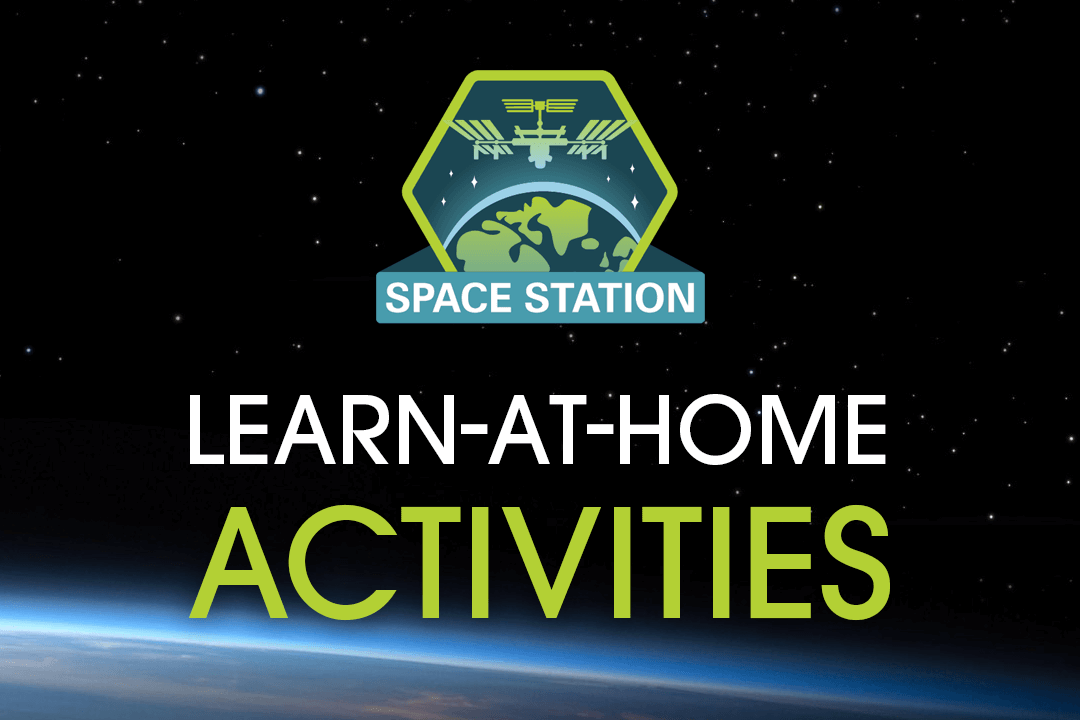Seattle (WA), July 18, 2023 – The National Space Council is calling on the U.S. government, private sector companies, education and training providers, and philanthropic organizations to support space-related science, technology, engineering, and math (STEM) education initiatives. The 12th annual International Space Station Research and Development Conference (ISSRDC), to be held July 31-August 3, 2023, at the Hyatt Regency in Seattle, addresses this critical need in a number of sessions.
In the panel discussion “Space Workforce of the Future,” space industry leaders join Dr. Raven Baxter, a.k.a. “Dr. Raven the Science Mavin,” founder and president of the Science Haven, as they outline how to train the next generation of space workforce. Joining Baxter on this panel are Michelle Lucas, founder and chief executive officer of Higher Orbits, and Laurie Labra, vice president of operations for the Human Exploration Division at KBR.
One example of a successful collaboration to promote biological engineering investigations among the nation’s high school students is highlighted in the Day 1 lightning talk about the Genes in Space™ program. The annual competition for students in grades 7-12 invites them to propose experiments that use biotechnology to address spaceflight challenges by leveraging the unique tools and environment onboard the space station. The winning proposals are developed into flight projects that are sent to the space station and carried out by the astronauts onboard. The Genes in Space™ program was founded by Boeing and miniPCR bio and supported by the ISS National Laboratory and New England Biolabs.
Finalists for the Genes in Space™ competition will present their proposals to a team of judges at the conference. On Day 3, one fortunate student or team of students will learn that their research investigation will be the next Genes in Space™ program winner to send their investigation into space. Also on Day 3, NASA will recognize individuals and organizations for scientific and technological investigations that contribute to the innovative utilization of the International Space Station.
ISSRDC brings together leaders from the commercial sector, U.S. government agencies, and academic communities to foster innovation and discovery onboard the International Space Station. ISSRDC 2023 will showcase how the space station continues to provide a valuable platform for research and technology development that benefits humanity and enables a robust and sustainable market in low Earth orbit.
The conference is hosted by the ISS National Laboratory, managed by the Center for the Advancement of Science in Space, Inc. (CASIS); NASA; and the American Astronautical Society (AAS). Additional announcements on keynote speakers and various sessions will be forthcoming.
To learn more about ISSRDC, including how to register, exhibit, or become a conference sponsor, please visit the conference website.
Download a high-resolution photo for this release: miniPCR bio at ISSRDC 2022
Media Contact:
Patrick O’Neill
904-806-0035
[email protected]
# # #
About the International Space Station (ISS) National Laboratory: The International Space Station (ISS) is a one-of-a-kind laboratory that enables research and technology development not possible on Earth. As a public service enterprise, the ISS National Lab allows researchers to leverage this multiuser facility to improve life on Earth, mature space-based business models, advance science literacy in the future workforce, and expand a sustainable and scalable market in low Earth orbit. Through this orbiting national laboratory, research resources on the ISS are available to support non-NASA science, technology and education initiatives from U.S. government agencies, academic institutions, and the private sector. The Center for the Advancement of Science in Space, Inc. (CASIS) manages the ISS National Lab, under Cooperative Agreement with NASA, facilitating access to its permanent microgravity research environment, a powerful vantage point in low Earth orbit, and the extreme and varied conditions of space. To learn more about the ISS National Lab, visit our website.
# # #







